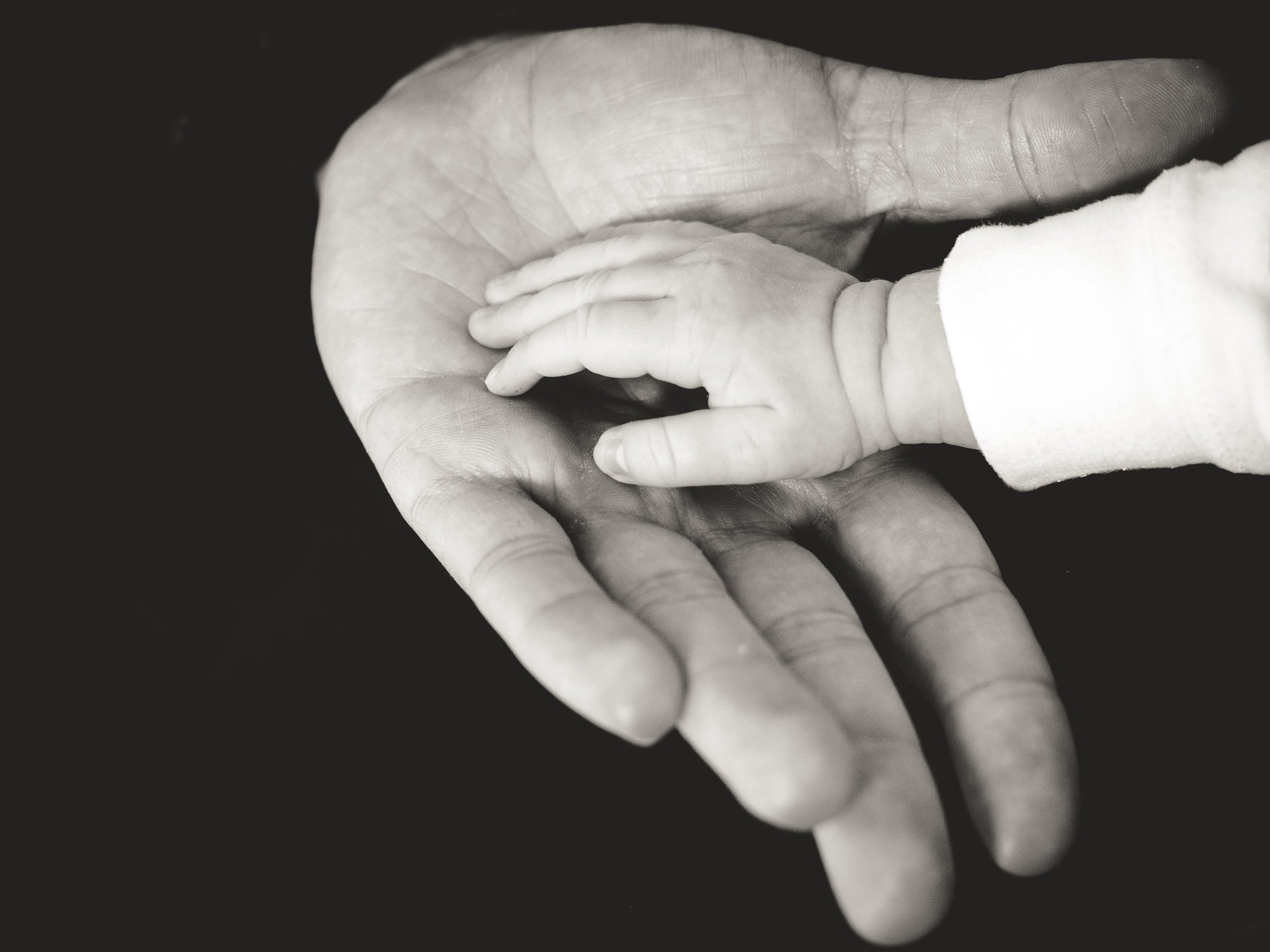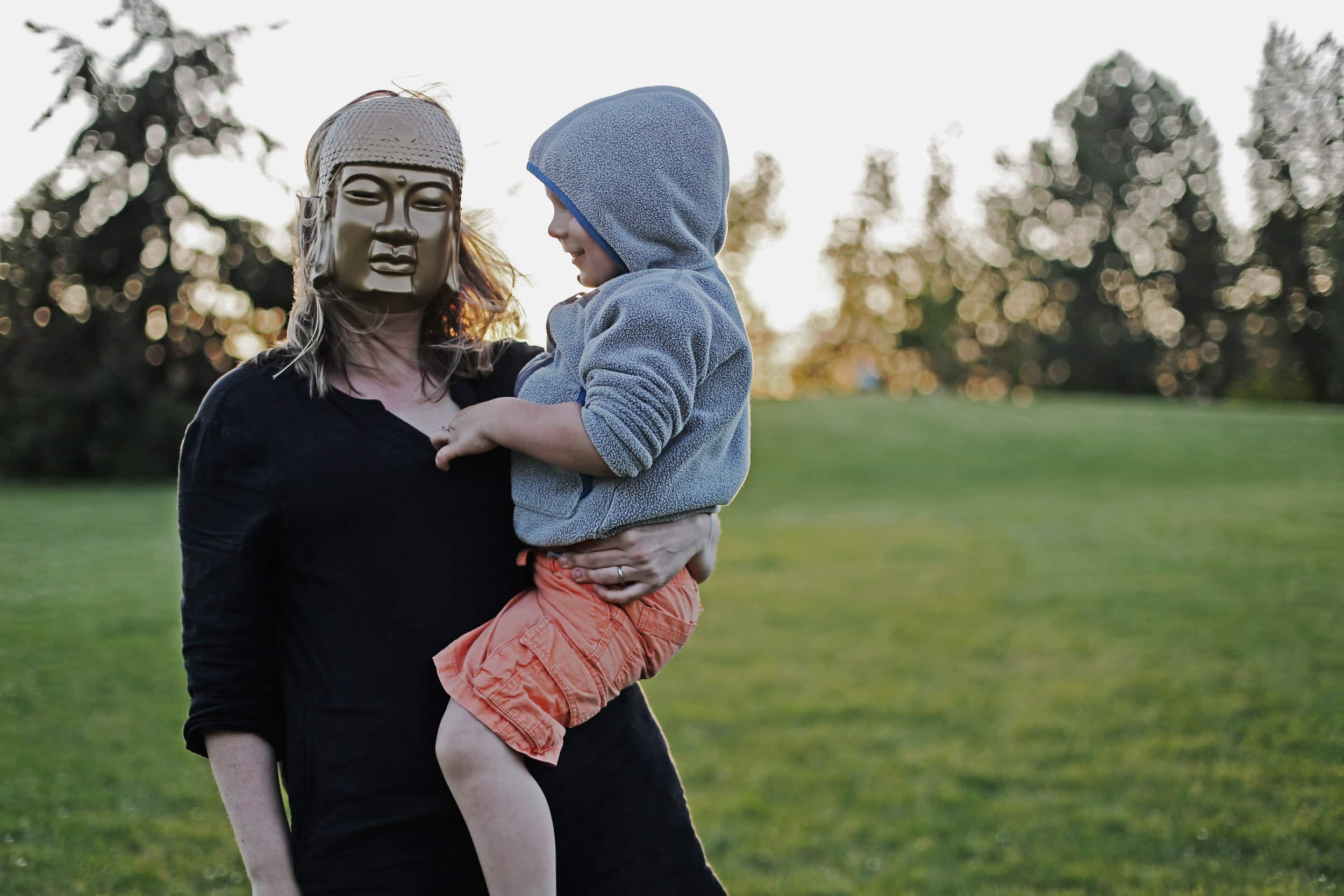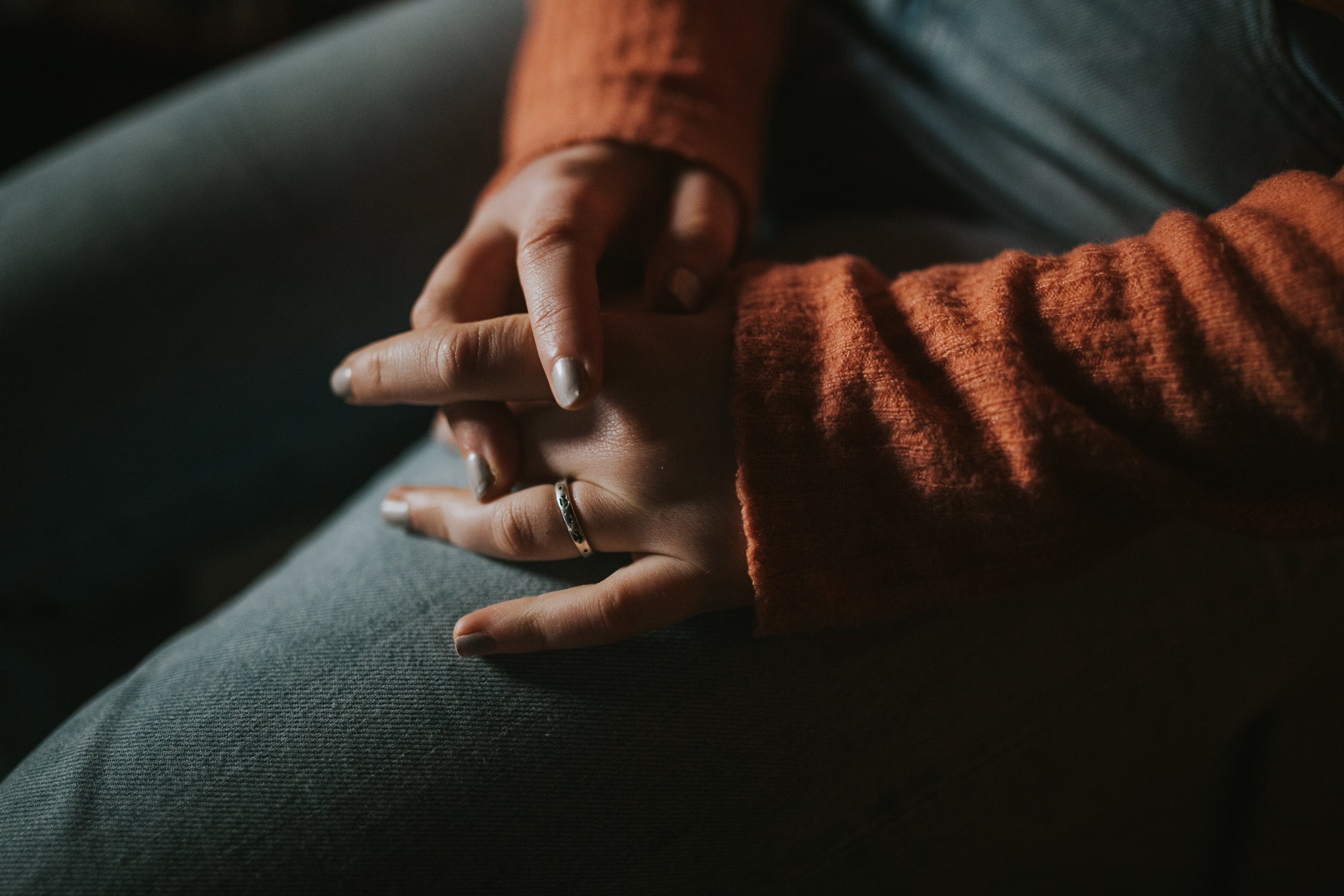
Have you thought about the qualities you are looking for in your next therapist? If so, how will you know when you’ve found the right fit? Perhaps, like many of us, you have been more focused on finding a therapist who can work with your schedule and budget. That is completely understandable as there are so many factors to consider when choosing a therapist (fee, schedule, location, personality, approach, etc.) that the process can become overwhelming! When we’re overwhelmed, it is more likely that we will choose a therapist out of convenience rather than who is best suited to our needs.
Instead of settling on the first therapist to call you back, I invite you to consider a more in-depth approach in selecting your next therapist. After all, finding a therapist is not equivalent to finding a plumber or mechanic. You are doing more than finding someone to help you solve a problem or perform a service, you are establishing an ongoing relationship in which to help you heal and grow. Settling on a suitable therapist is more than just scheduling, affordability and location, it’s about compatibility, trust and safety. Your next therapist has the potential to be a very important part of your life, someone who supports you through difficult moments and holds space for you to process painful memories. Therefore, I encourage taking time to reflect upon how you feel when you sit with your new therapist. Do you feel safe to open up, do they seem engaged in your history, agree with your therapeutic goals and have a compatible personality? Choosing a therapist is an important decision, so give yourself time to reflect upon these questions and whatever else feels important to you.
Why is the therapist-client relationship important?

The relationship between you and your therapist is the foundation upon which therapy is built. Without this base, there can
be no structure or growth. Despite what approaches or techniques your therapist may implement, the quality of the therapeutic relationship has been proven by multiple research studies to be the best predictor of success. It’s important. If you think of any relationship you have, whether it be with a coworker or family
member, it is likely that the stronger the connection and compatibility, the more you are able to be yourself and open up about your inner world. This dynamic also applies to the relationship with your therapist. The level of safety you feel with your therapist will correlate with your capacity for vulnerability. The more you are able to open up, the more your therapist can help you process emotions and navigate change. Let’s admit it – sharing our deepest feelings with a stranger can be uncomfortable or even scary. However, when we have a therapist we trust and who understands our way of looking at the world, being vulnerable gets a little bit easier.
“If I can provide a certain type of relationship, the [client] will discover within himself the capacity to use that relationship for growth and change, and personal development will occur.”
What’s possible with a compatible therapist?
As children and adults, we are wounded in relationship and therefore do our best healing in relationship. It has been my experience as both client and therapist that personal discovery and emotional healing progresses more quickly when the client and therapist are well-matched. You may be wondering, but why? When you develop a strong therapist-client relationship, there is less struggle to explain your viewpoints and more ease in communication. Your therapist will understand your perspective, making it easier for them to offer more effective guidance and tools suited specifically to you. When you feel safe to open up, you can begin to process old emotions that perhaps you were unable to let go of before. This is where healing begins. You will also have a safe space to practice communicating more authentically and express emotions that perhaps was inaccessible to you before. I will boldly state that when we find the right therapist, that is when true healing occurs and we can finally start to let down our protective barriers. Therapy has the potential to be a powerfully transformative experience, but only within a well-suited therapeutic relationship.
How do I find the right therapist for me?
Finding a therapist is a very personal decision and only you will know who is the best fit for you. Trust your instincts and when in doubt, look to your past experiences in therapy or in other relationships for guidance on what you may need from a therapist to feel supported. If you have been in therapy before, it can be helpful to reflect on what worked in your previous experiences of therapy. Was your therapist more directive or collaborative? Was it helpful to have a therapist with a similar cultural background or sexual orientation? Are you more comfortable with a therapist of a certain gender identity? If this is your first time looking for a therapist, you can think about what conditions are present in relationships where you have felt safe to express yourself more fully.
Most importantly, give yourself the time you need to find a therapist. If possible, communicate with several therapists before deciding who you want to work with on a long-term basis. You could schedule sessions with several therapists or if finances are limited, take advantage of the free phone consultation that most therapists offer. The therapist will want to collect information from you, but do not hesitate to ask your own questions and be honest about what your therapeutic needs are up front. Pay attention to not only what responses your therapist gives to your questions, but how you feel interacting with them. Was the therapist engaged with the conversation or did they seem distracted? Did you feel some relief after talking with them or surprisingly feel more anxious? This is all helpful information for you in deciding whether or not to move forward. Therapists practice in many different ways and have varying approaches. Although it may take some “shopping around”, trust that there is a therapist out there suited perfectly to your personality and therapeutic needs.
Personalized Matching at CMP
Here at the Center for Mindful Psychotherapy, we are committed to helping you find the right therapist based on your preferences and scheduling needs. Contact our Intake Team at [email protected] or 415-766-0276. We would be happy to match you with a therapist and/or answer any questions you may have about beginning therapy.
April is a CMP Administrator and Associate Marriage & Family Therapist. She helps Highly Sensitive clients reduce anxiety and overwhelm while embracing their Sensitivity Superpowers. You can reach her at [email protected] or visit her website for more info: www.expansiveheart.com.
Associate Marriage & Family Therapist #94455
Supervised by Julie Bjelland, LMFT #88019.










One thought on “Why Fit Matters: Finding Your Ideal Therapist”
Comments are closed.